-
Shop
-
Learn More
-
About
Our First Light Wagyu, Venison, and Elk farmers come from all over New Zealand. We're proud to partner with such an incredible group of Kiwis who share the same values as we do. The result of all their hard work is the most extraordinarily tender, marbled grass-fed beef, and the most delicate and delicious farm-raised Venison. We pride ourselves on the quality of our animals and as a result, we bring the best Wagyu beef and Venison to your table.

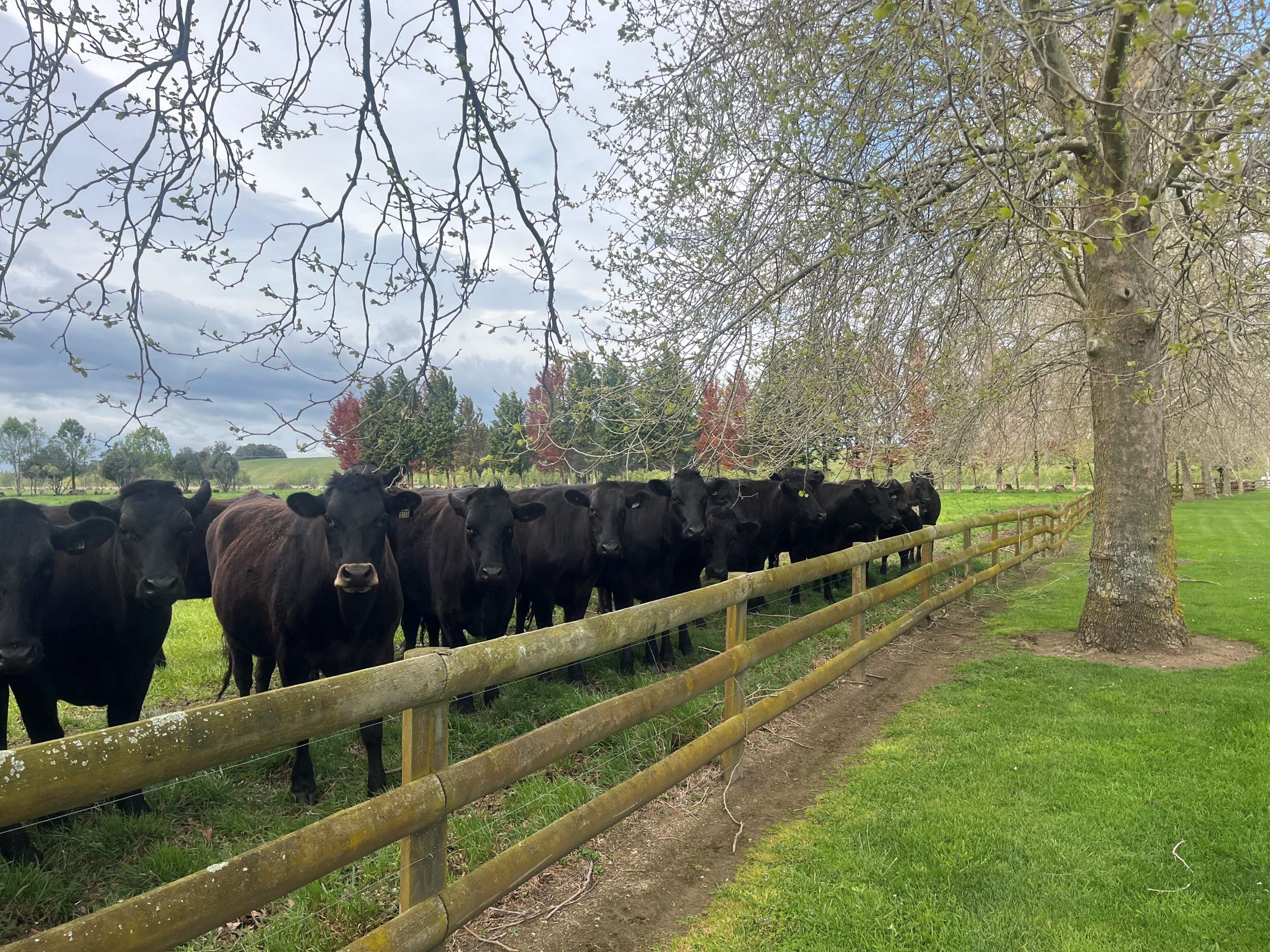
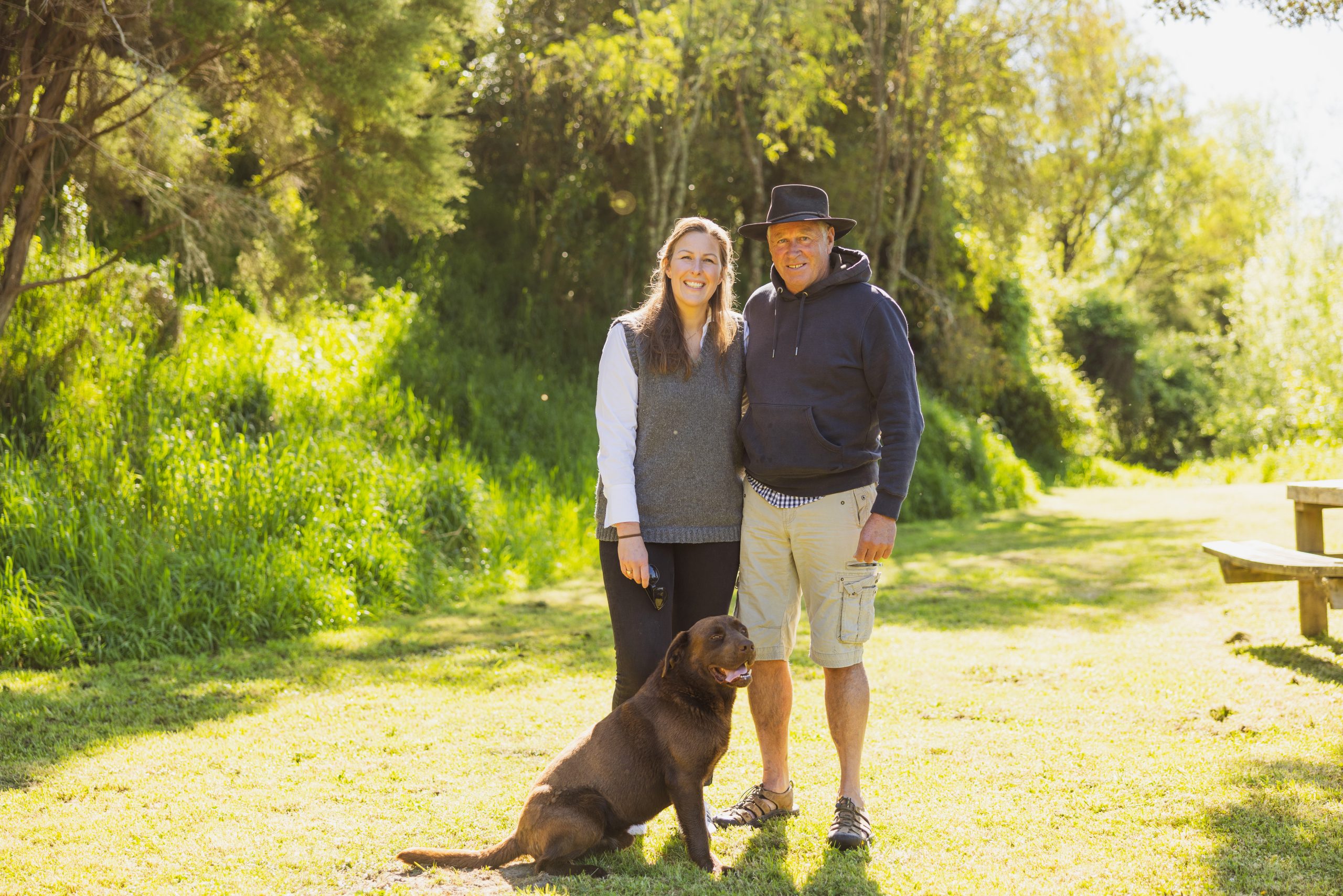

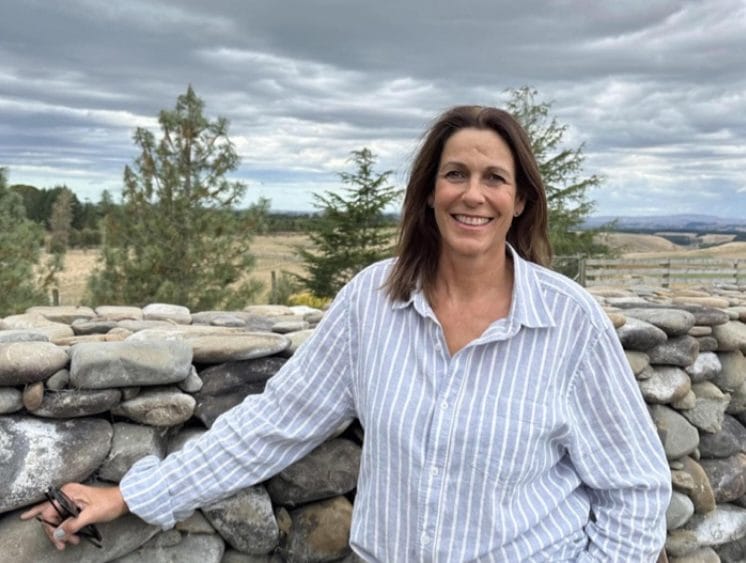
Paul and Marie Renton began their farming life together on Glenmore In 1990.
Glenmore is a rolling hill country farm in the Mangatahi district of Hawkes Bay.
The climate is warm and dry, with mild winters.
Glenmore is a family farm and Paul is the 5th generation to steward this property.
In 1996 Paul and Marie established their business on a portion of the original land.
Their focus is on growing quality Deer, Bulls and Lamb, bringing them on farm as young stock and giving them every opportunity to flourish in a stress free, regenerative farming environment.
Paul and Marie have had an ongoing environmental programme planting many trees for shelter, shade and erosion protection of hillsides. Lately more attention is on the water ways with native plantings along stream beds promoting cleaner water quality and added biodiversity.
In 2017 the family experienced the sudden passing of Paul. Marie has continued on with their farming legacy and their three adult children are all supportive, ensuring the whenua is in good hands.
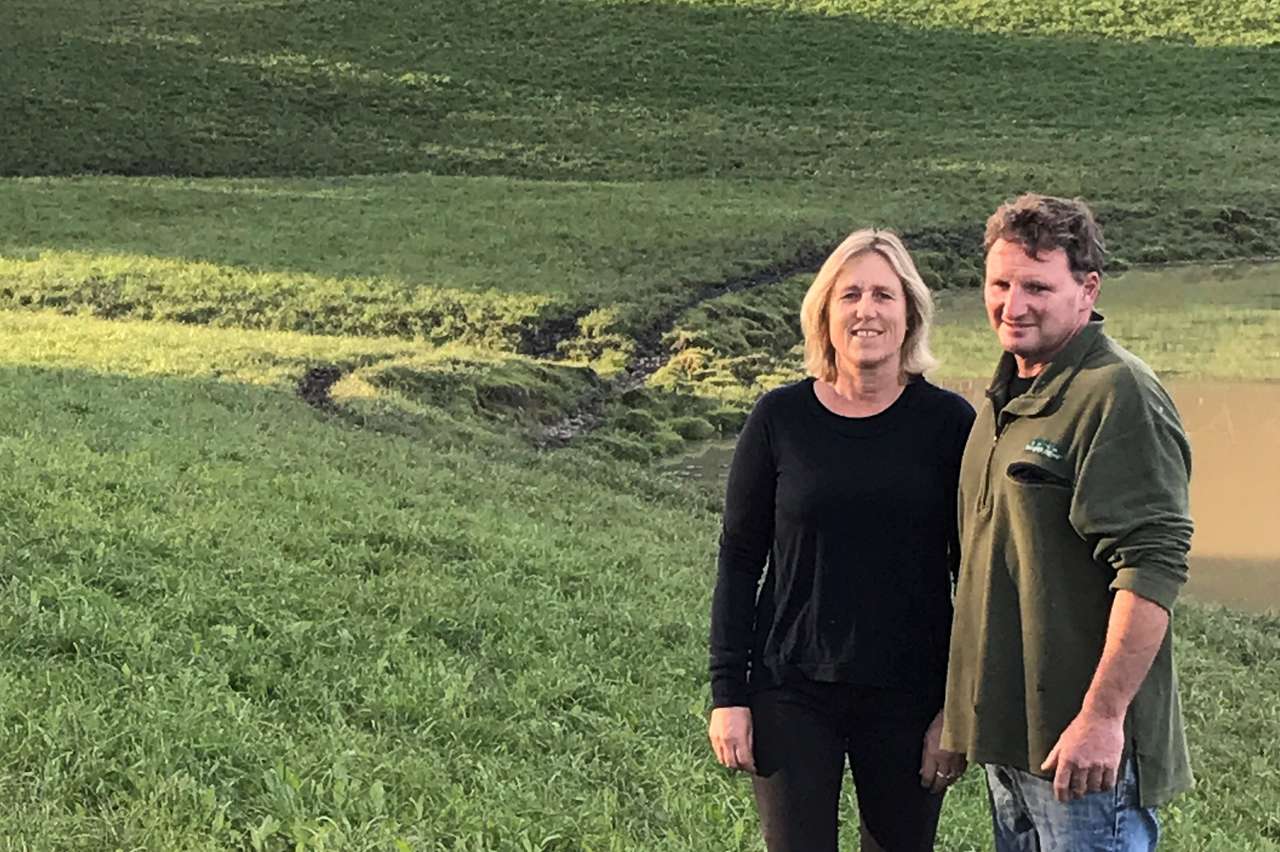
Haunui is situated 32kms southeast of Waipukurau, in the Wanstead/Flemington district of Central Hawke’s Bay. James and Sue have owned the intensive deer and bull finishing property for seven years and both take an active part in the day-to-day running of it.
They were attracted to First Light by the forward thinking commitment to improving the whole supply chain — from genetics and production, right through to the promotion of venison as a niche product with a point of difference. The “all round year” supply concept was also attractive as it allows them to better finish stock according to their farming type and systems.
Haunui is extensively planted with shelter belts and trees, giving shade and shelter, and providing a good environment for the animals. As with all First Light products the animals from Haunui are raised outdoors in a healthy environment. “The venison we produce is a high quality, wholesome product that has been sent to the customer with their needs in mind”.
In the Hewitt household the favourite way to eat venison is sliced, marinaded delicately and cooked hot on a barbeque.
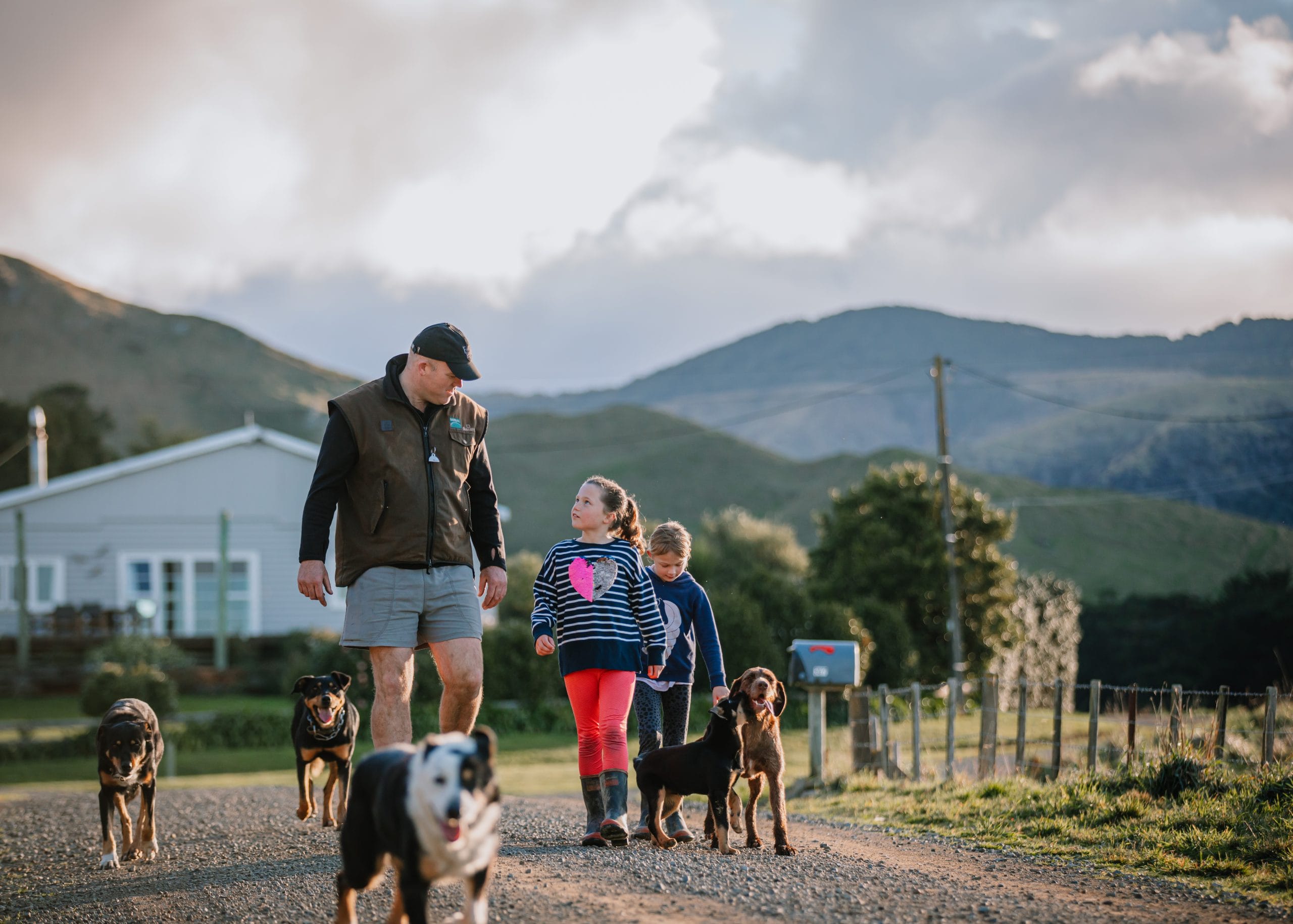
Riverslea Trust is made up of three blocks. The breeding unit (260ha) is under the Ruahine Ranges where it is summer safe and the two finishing blocks (202 and 93ha) are on flat to rolling country where it is warmer in the winter. We run 700 breeding hinds and finishing all of the fawns as well as running finishing cattle and breeding ewes. On all properties trees are being planted in an ongoing programme to provide shelter, shade and erosion control.
The farm is operated on a day to day basis by Richard and Emma on the breeding unit and Nick and Jane (Richard’s parents) on the finishing units. When major tasks are being undertaken everyone helps.
We joined First Light because we like the way we, as farmers, could have input further than just the farm gate. It also gives us stable pricing that we can use for planning, and we like the more direct feedback from First Light consumers.
The Lawson’s like to cook the fillets whole. First searing it on the hot plate and then in a super hot oven wrapped in tin foil for 10 mins and then left to rest. Serve in slices on mashed potato, with roasted winter vegetables and a hunter sauce (an old family recipe of red wine and crab apple jelly).
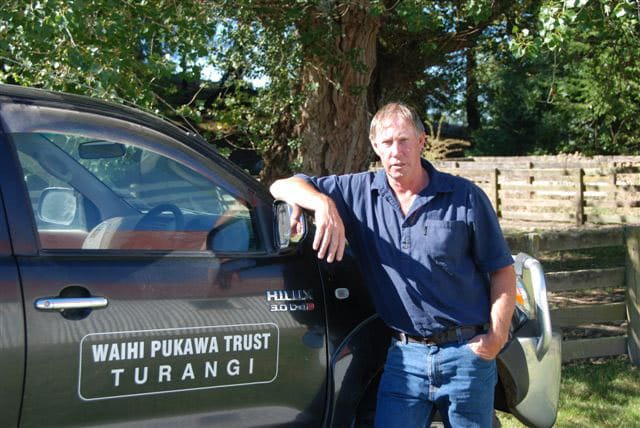
2 Tier Trust with a holding Co and a Farming sub committee.
Trust Chairman Rakei Taiaroa
Farm Sub Committee Chairman- John Kahu
Farm Manager – Colin Gates
Maori Owned since 1200AD
Consists of 4000ha with 3000ha farmed with livestock. 13000 ewes plus replacements, 550 cows plus replacements, 2200 hinds plus replacements
Breed, finish and trade in all classes except deer. Deer breed and finish only.
Being part of a small group of like minded people striving to be continually better than the average in the production of a quality food product.
The ability to have some surety of pricing and supply make reporting to a trust committee a lot more accurate.
Provenance relates to the fact the land has been owned and farmed in one way or another for 800 years and is owned by a large number of people to be farmed sustainably for the benefit of future generations. To sustainably farm Waihi Pukawa in an environmental way means it has to be profitable as well without compromising animal welfare.
Regional winner Maori Farmer of the Year and National finalist Maori Farmer of the Year.
The owners and management of Waihi Pukawa farm the property because it is what we do well we aim tp produce a quality product from an area that leads New Zealand in environmental practices.
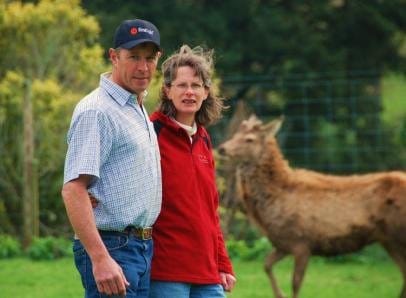
Tony & Lynda Gray, together with their daughters Rebecca and Catherine, farm at the top of the scenic Pohangina Valley nestled under the Ruahine Ranges in the northern Manawatu.
They own 408 hectares (approx 1,000 acres) of easy hill country of which about 140ha is regenerating native trees protected by a QEII covenant. 140 ha of the farm is fenced for deer and they farm about 300 hinds, 1,200 ewes and 75 beef breeding cows taking younger cattle through to their second winter.
First Light Venison is the reason that they are still farming deer. Being part of a vertically integrated company marketing venison to the world is a great opportunity. They are breeders and their goal is to produce well grown weaner deer for other members of the group to finish using Wapiti and Eastern Red sire stags. Their favourite venison is a sliced fillet lightly barbecued and served with a fresh salad.
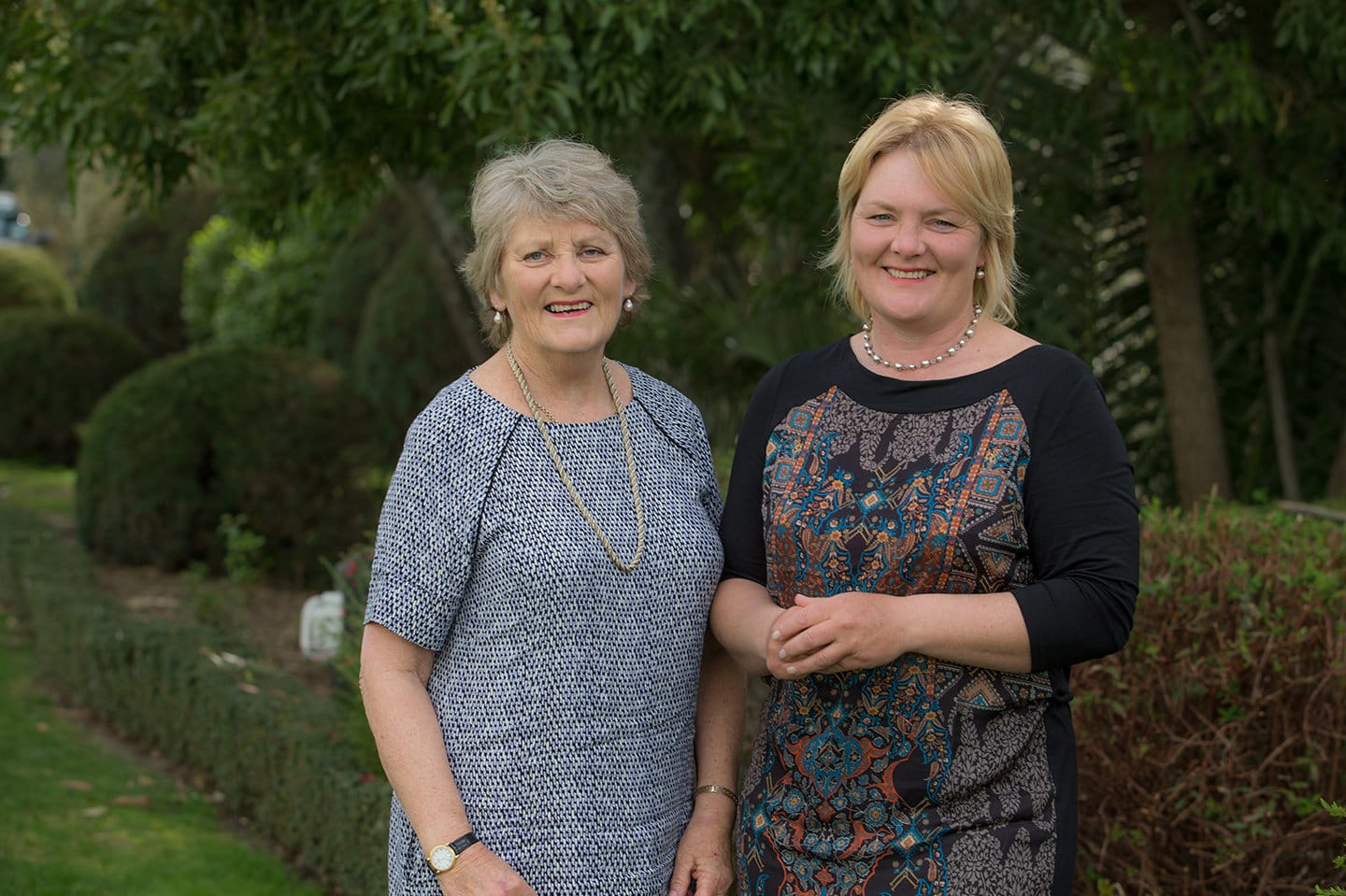
Jane and Jacquetta are a mother and daughter team who joined First Light when the company was first formed. Their property, Tarndale, in Colyton, Feilding, and the Pohangina Valley includes a deer breeding and finishing property along with sheep and beef. They were attracted to First Light because of the consistency it offered to suppliers, the excitement the group has about what it’s doing and the direct-to-consumer marketing.
After Derrick Ward, Jane’s husband, passed away suddenly, their daughter Jacquetta, working in Sydney at the time, made the decision to come home and manage the farm on behalf of the estate (which includes her three sisters). As female farmers, Jane and Jacquetta believe the First Light principles are second nature — animal husbandry especially comes naturally. They see a brilliant future for venison and say they will continue to be part of it for a long time yet. “We are encouraging more friends and family to eat this delicious and healthy meat,” says Jane.
At Tarndale they choose to serve venison as a steak marinated in a little oil, soya sauce and sweet chill and served with a boysenberry sauce.
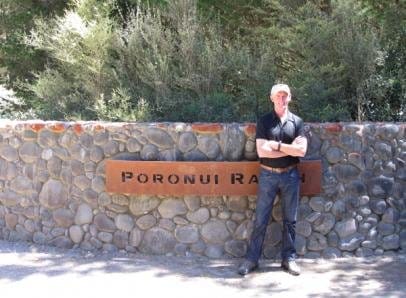
Poronui is a 6,500 hectare property in the central high country of the North Island, 40 minutes from Taupo. The property is owned by Westervelt, a land resource organisation with a very strong appreciation for the environment and its conservation. In recent years considerable effort has been made to fence off waterways and return land used for eucalypt forestry to its natural state of open pastureland or native bush.
The vision for Poronui is to build a herd of 1,000 cows and work on development of value-added primary products, hence the partnership with First Light to take Wagyu to the consumer market. As a business with firsthand experience in international marketing and distribution, Westervelt knows well how much value First Light adds to the mix.
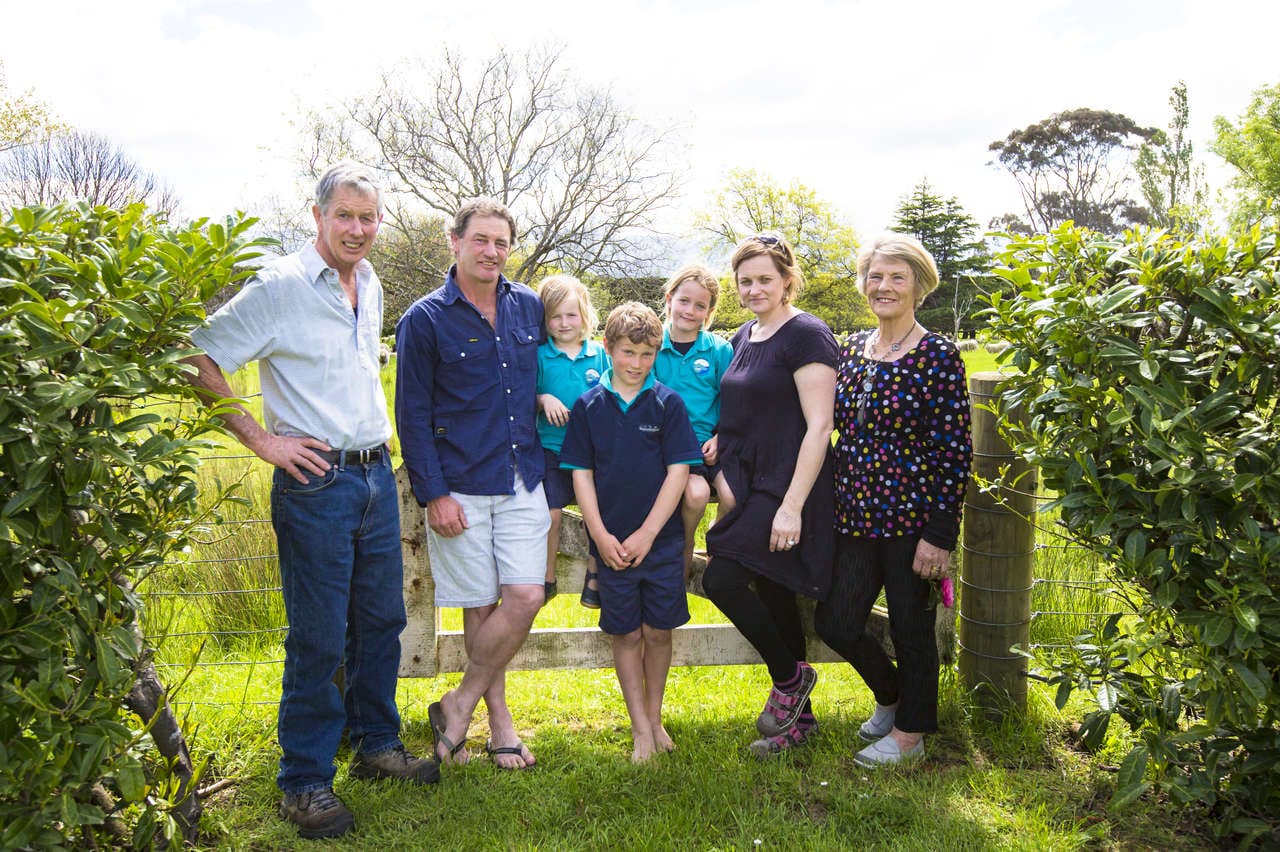
The Didsbury family first bought the property in 1877. Guy is the fifth generation on Pirinoa Station. Guy came home to the family farm in 1997 and became manager in 2004. In 2009 he became majority shareholder.
The property is predominantly lamb finishing, with some breeding cows and trading and finishing cattle including Wagyu. There is also some cash and forage cropping.
Guy sees a large upside in First Light compared to the normal beef market. The decision to become part of First Light was predominately an economic decision and Guy sees more potential through the First Light system that traditional prime finishing.
Animal welfare is an integral part of everyday business on Pirinoa, and Guys says that this should be second nature to every farmer. All animals should be well fed and looked after in the best way possible. Provenance and Pirinoa go hand in hand. Guy believes that sustainability is also something very important on Pirinoa. The land should be left in a better condition that when we took it over for our future generations to use. He also sees economic sustainability as a critical part of the business. “We wouldn’t be doing it if it was not economically sustainable.”
“If Wagyu is not the healthiest beef in the world, what is?”
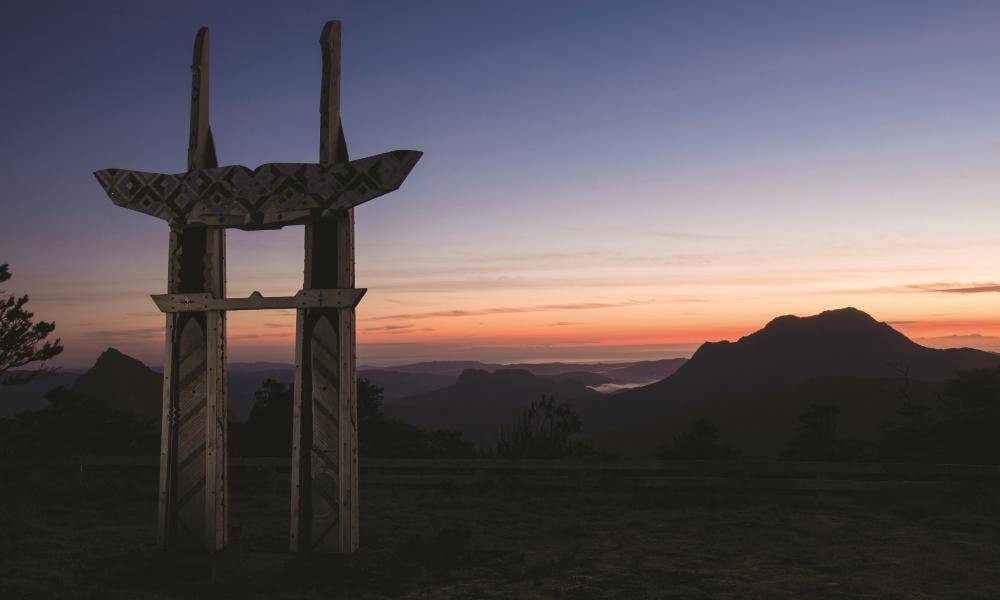
Pakihiroa Farms Limited – a subsidiary of the runanga – leases and manages Pakihiroa, the farm on Hikurangi maunga that is owned by the runanga for and on behalf of all Ngati Porou people. Pakihiroa Farms Ltd owns and manages Puanga, a farm on the outskirts of Gisborne that is run as a complementary farming operation to Pakihiroa.
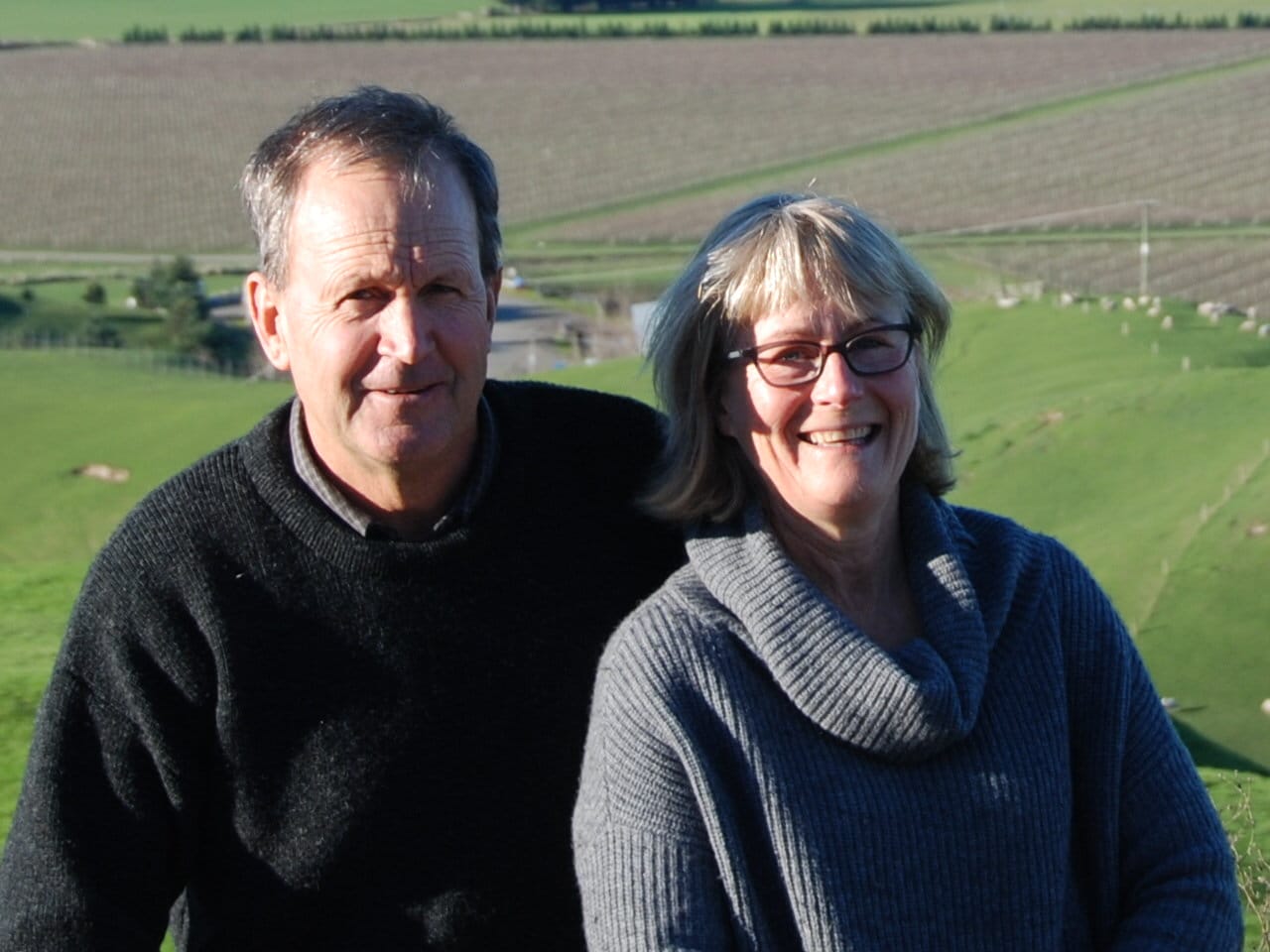
Te Tua Station is owned by Mike and Charlotte Glazebrook. Others involved in the business are stock manager, Phil Lloyd and Operations Manager, Nigel Halpin.
The business is 4th generation and been farming for 30 years. The farm consists of 800ha mixed cropping and Lamb and Beef finishing.
We have chosen to be part of First Light because we like the concept of supplying a niche market in an organized integrated manner.
Animal Welfare and Sustainability are non negotiable on farm factors. Provenance is important to reassure customers their concerns are being taken care of.
In 2005, we were awarded the Hawkes Bay Environment Award.
Our message to you is… please enjoy; we have produced this for you